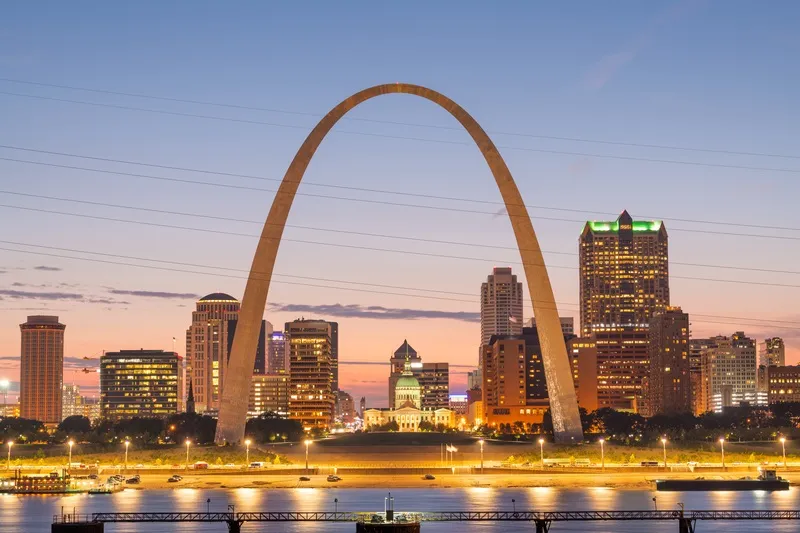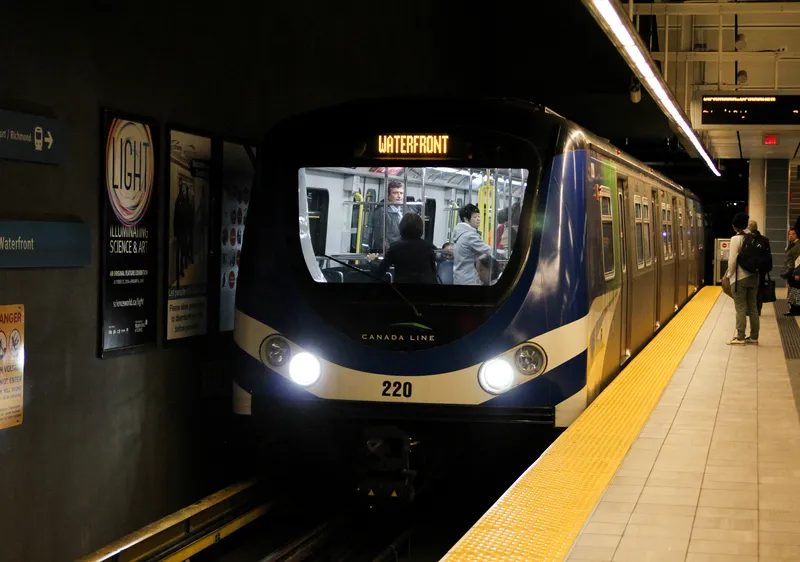Sri Lanka’s Airport Express Air and Rail (AEAR) is planning to build the first rapid transit metro system in the country at a cost of US$600 million. US-based Louis Berger and India-based KPMG Mumbai have been hired to conduct a technical study and a feasibility study for the project. Construction is scheduled to start in early 2013 after approvals are granted and the studies are completed. The system is scheduled to be operational by 2016.
April 3, 2012
Read time: 1 min
Sri Lanka’s Airport Express Air and Rail (AEAR) is planning to build the first rapid transit metro system in the country at a cost of US$600 million. US-based 4736 Louis Berger and India-based 1981 KPMG Mumbai have been hired to conduct a technical study and a feasibility study for the project. Construction is scheduled to start in early 2013 after approvals are granted and the studies are completed. The system is scheduled to be operational by 2016.









